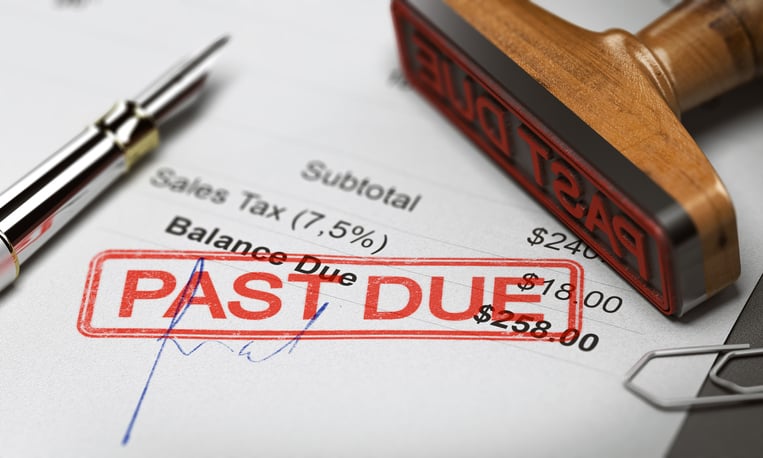What Happens to Unpaid Bills in a Probate Matter?

When someone dies, and they do not have a trust set up, their estate goes into the probate. This is a process where the court decides how the estate is divided among heirs and creditors. Many people owe bills to credit card companies, medical facilities, and others when they die. A question many people wonder about is: What happens to unpaid bills in a probate matter?
What is Probate?
First, it is important to know what the probate process is. After someone dies, their estate enters probate, which is the court-supervised process in which the deceased’s assets are distributed to bill collectors, taxes, and inheritors. While it is court-supervised, the court usually won’t get too involved, unless there is fighting among family over the estate, or creditors have issues. The probate process in Florida is actually somewhat easier than other states, as Florida is one of 16 states who have adopted the Uniform Probate Code (UPC). The UPC is a way to streamline the process, make it simpler, and give executors more flexibility. In a UPC state like Florida, there are three types of probate: Informal, unsupervised formal, and supervised formal.
If you know that a loved one is going to pass away, making a list of their unpaid bills before probate can be helpful. This could include mortgage payments, personal loans, student loans, utilities, and taxes. It is important to make sure any debts you are monitoring are valid, and to let the creditor know that the person has died. If you are being called about the person’s debts, you may want to let them know that the estate is in probate, and will take some time to resolve. It is also important to note that accrual of interest and late fees are paused as these penalties may not be valid during the probate process.
Creditors can make formal and informal claims on an estate. If there is a will, the executor of the will can decide who to pay. However, creditors only have a certain amount of time to make a formal written claim. Those the deceased owed money to must get notice of his or her death. For those whose addresses you know, this is done by mailing a notice. If the address is unknown, it is done by a published notice. Even if they do not actually read it, that notice also covers any creditors not notified by mail.
When the estate is decided, creditors will be paid first. Depending on the assets in the estate, that could mean that the heirs of the estate get very little or nothing at all. It may also mean that the creditors get less than they would have liked. It all depends on how much the estate is worth.
If you are the executor of the estate, there are very slim chances that you’ll have to pay money to either creditors or beneficiaries out of your own pocket. The first scenario where this could happen involves mistakes made handling the estate, which cost the creditors and beneficiaries money. Working with an experienced estate attorney should prevent that from happening. The second example would be if you were a co-signer on any of the debt that is owed. In that case, the creditor can come after you for the debt.
Hire a Probate Lawyer
It’s important to remember that the executor is held to a high standard by the court, and must execute the assets properly. Again, this is where an experienced, qualified estate planning attorney, like those at The Mattar Firm, can help. They’ve been through these situations before, and can lead you through the process, securing the best outcome for you and your family. Call The Mattar Firm today at 844-444-4444 or 239-222-2222.
